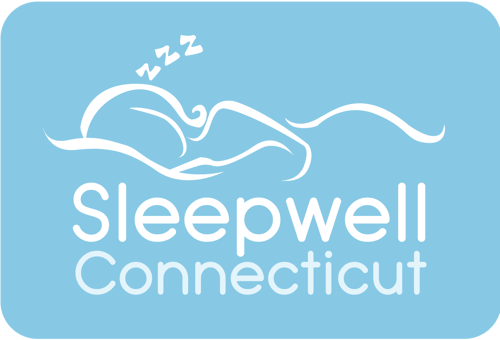Obstructive Sleep Apnea (OSA)
Obstructive Sleep Apnea is more common thank you think! Approximately 26% of adults aged 30-70 have OSA
Obstructive Sleep Apnea is a potentially serious sleep disorder in which breathing repeatedly starts and stops during sleep. It occurs when the throat muscles intermittently relax and block the upper airway during sleep. Some symptoms of Sleep Apnea are snoring, daytime sleepiness, headaches, irritability, anxiety, depression, memory loss, gastric reflux, and high blood pressure.
Patients with sleep apnea can stop breathing up to hundreds of times per evening, for time periods ranging from 5 seconds to over a minute in length. While breathing is stopped, and oxygen is restricted to the heart and brain, the increased heart rate and stimulation causes the body to momentarily wake. This disruption in sleep pattern is what causes excessive daytime drowsiness and exhaustion in patients.
Copyright © 2022 Patient Education Content provided by Spear Education


